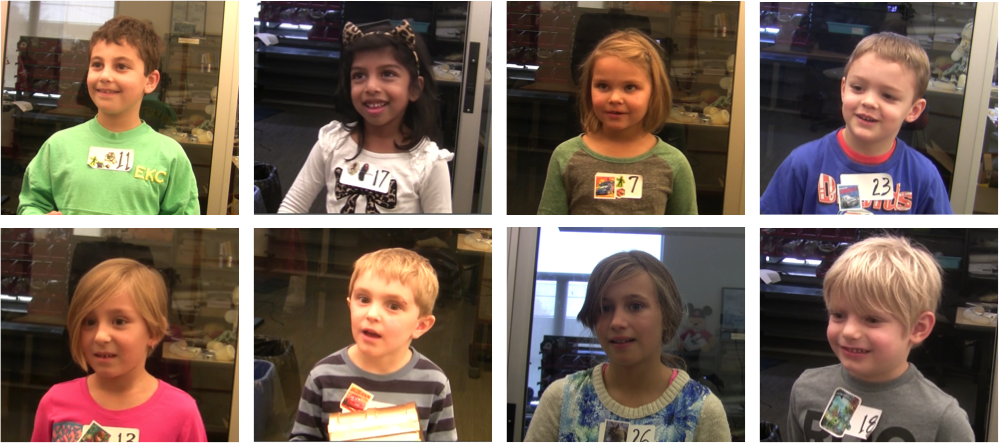Abstract

In human-human conversation, we elicit, share and use information as a way of defining and building relationships – how information is revealed, and by whom, matters. A similar goal of using conversation as a relationship-building mechanism in human-robot interaction might or might not require the same degree of nuance. We explore what happens in the increasingly likely situation that a robot has sensed information about a child of which the child is unaware, then discloses that information in conversation in an effort to personalize the child’s experience. In a pilot study, 28 children conversed with a social robot that either told a story with characters already introduced into the conversation by the child (control) or characters hidden by the child in a treasure chest that the child was holding (experimental). Cumulative evidence showed that all participants in the experimental condition noticed the robot’s violation of expectations, but younger children (4 to 6 years) exhibited more contained emotional reactions than older children (7 to 10 years), and girls expressed more negative affect than boys. Despite the immediate response, post-conversation measures suggest that the single event did not have an impact on children’s ratings of robot likeability or their willingness to interact with the robot again.
Copyright Notice
The documents contained in these directories are included by the contributing authors as a means to ensure timely dissemination of scholarly and technical work on a non-commercial basis. Copyright and all rights therein are maintained by the authors or by other copyright holders, notwithstanding that they have offered their works here electronically. It is understood that all persons copying this information will adhere to the terms and constraints invoked by each author’s copyright. These works may not be reposted without the explicit permission of the copyright holder.